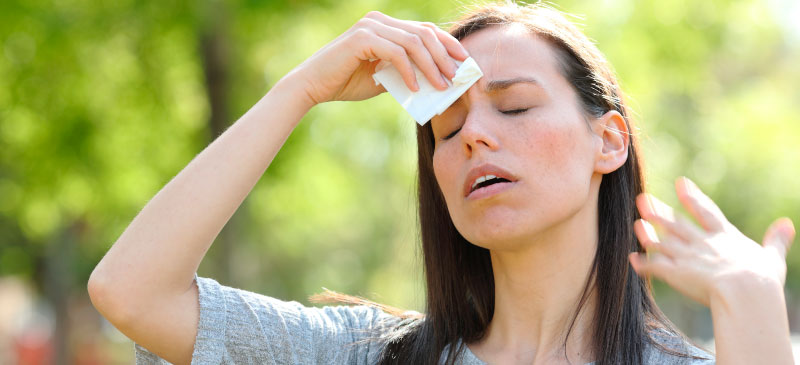Wine, with its rich flavors and diverse profiles, has been enjoyed for centuries, yet it occasionally comes with an unwelcome companion: the dreaded headache. Whether it strikes immediately after your first sip or the next morning, the mystery of wine-induced headaches is one that puzzles many. Is it the sulfites, the tannins, or something else entirely? Let’s dive into the facts and dispel some common myths to help you enjoy your next glass without fear.
Myth 1: Sulfites Are the Culprit
One of the most persistent myths is that sulfites in wine are responsible for headaches. Sulfites are indeed present in wine, acting as a preservative to prevent spoilage. However, the truth is that sulfites are unlikely to be the cause of your headache. Sulfites are naturally occurring in many foods, and they’re also added to products like dried fruits and processed meats—often in higher concentrations than in wine. If sulfites were truly the problem, you'd likely experience headaches after consuming these foods as well.
Fact: Histamines and Tannins Might Play a Role
Histamines and tannins, naturally occurring compounds found in wine, are more likely suspects. Histamines, found in higher levels in red wine, can cause allergic reactions in some people, leading to symptoms like headaches, flushing, or a runny nose. Tannins, on the other hand, are what give red wine its structure and can also contribute to headaches by triggering the release of serotonin, a neurotransmitter that, in high levels, can cause headaches in some individuals.

Myth 2: Red Wine Is Always Worse Than White
It’s often assumed that red wine is more likely to cause headaches than white wine. While it's true that red wine contains more tannins and histamines, which can be headache triggers, this isn’t a universal rule. Some people may find that they get headaches from white wine instead, possibly due to different sensitivities or the presence of other compounds like phenolics. It’s important to pay attention to your body’s reactions to different types of wine.
Fact: Dehydration Is a Major Factor
Alcohol is a diuretic, meaning it increases the production of urine, leading to dehydration—a common cause of headaches. Wine, with its alcohol content, contributes to this effect, and if you’re not drinking enough water alongside your wine, you’re more likely to wake up with a throbbing head. This is why it’s crucial to stay hydrated, especially when enjoying multiple glasses of wine.

Myth 3: Organic Wines Are Headache-Free
The growing popularity of organic wines has led some to believe that they are free from headache-inducing compounds. While organic wines may have fewer additives, they still contain sulfites, tannins, histamines, and alcohol, all of which can contribute to headaches. Organic doesn’t necessarily mean headache-free; it’s more about how the wine is produced and the agricultural practices used.
Fact: Drinking Habits Matter
How you drink wine can be just as important as what type of wine you choose. Drinking on an empty stomach, consuming wine too quickly, or mixing wine with other alcoholic beverages can all increase the likelihood of a headache. Pairing wine with food, sipping slowly, and being mindful of your overall alcohol consumption can make a significant difference.

Finding Your Sweet Spot
The key to enjoying wine without the headache might lie in understanding your own triggers. Keep a wine journal, noting the types of wine you drink, the amount, and any reactions you experience. Over time, you may start to see patterns that can help you choose wines that are less likely to cause headaches.
Enjoying wine should be a pleasure, not a pain. By debunking these myths and understanding the facts, you can better navigate your wine choices and savor each sip with confidence.
Exploring whether tannins or other compounds in wine are behind your headaches? The Weingut Heymann-Lowenstein Schieferterrassen 2019 offers a low-tannin option, while the Beaulieu Vineyards Private Reserve Georges de Latour Cabernet Sauvignon 2016 provides a tannin-rich contrast. These selections can help you identify if tannins are your trigger.